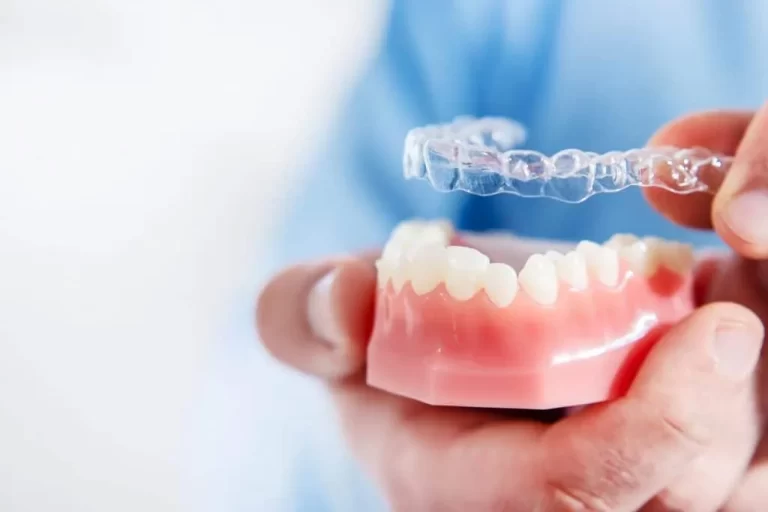The Best Mental Health Tips for College Students
Student mental health in the United States is worsening. According to the Healthy Minds Study, more than 60% of college students meet the criteria for at least one mental health problem. In another survey, close to three-quarters of college students reported experiencing either moderate or severe psychological distress.
There are many reasons why college students in the U.S. are struggling with their mental health. These include having to juggle coursework, social injustice, relationships, mass violence, loss related to COVID-19, and economic strain. More than ever, it is important to look after your mental health.
In this blog post, we will highlight the best mental tips for college students. These include creating a routine, finding friends, prioritizing physical health, setting goals, contacting parents regularly, utilizing the college’s mental health services, and more. Let’s get started.
Create a Solid Routine
Many students, as noted above, struggle to juggle everything going on in their lives during their college years. This can have a major impact on mental health. Therefore, it is crucial that you create a solid routine to help you remain consistent in your schedule as well as dispel any feelings of not having a purpose.
With a routine, you will be able to create stability and start each day with purpose and consistency. Discipline and self-control are good habits to have, especially when it comes to protecting mental health, and these come from a solid weekly routine.
For example, we recommend that you do everyday tasks and activities at the same time of day. Waking up, eating meals, and going to bed should all be done at around the same time every day.
While you may have classes at different times on different days, by creating a weekly routine that incorporates these changes, you can still find time to fit in important tasks and activities, such as socializing and exercising. Being able to “tick off” every task on your routine each evening is a good feeling that will help your self-esteem and mental health.
Click here to learn more about finding a work-life balance that is good for your mental health while in college.
Make Friends
Mark Twain once wrote, “Good friends, good books, and a sleepy conscience: this is the ideal life.” The author of the Adventures of Huckleberry Finn was certainly right, especially when it comes to good friends. It is a fact that friendships enrich your life and improve your health, including your college mental health.
Friendships help to increase your sense of purpose and belonging. They also boost happiness, reduce stress, and help you cope with traumas. A good friend group will also encourage you to make positive changes or avoid unhealthy lifestyle habits, such as lack of exercise and excessive drinking.
In college, making friends can at first seem daunting. Being in a new place, on your own, it’s understandable that you are shy in a new environment. However, by making an effort to find friends, your experiences at college will be transformed for the better.
There are many great ways in which to make new friends at college. For example, you can join a club or society which appeals to you and where you are likely to meet like-minded people. These days, there are college clubs and societies for just about every interest—even if there is not, you can always start your own group!
Prioritize Physical Health
Good mental and physical health go together hand in hand. Good physical health can positively affect your mental health, and vice-versa.
Poor mental health can lead to poor physical health and harmful behaviors. Depression, for example, is linked to many chronic diseases such as diabetes, cardiovascular disease, cancer, asthma, and arthritis. People with mental health conditions are also more likely to suffer from sleep disorders, which can have a direct impact on physical health.
Therefore, we highly recommend that you pay close attention to your physical health. As noted above, you should include time for physical activity in your routine. Even on days when you know that you are going to be very busy, making time to take a 30-minute brisk walk around the campus can be incredibly beneficial for both your physical and mental health.
At least a few days a week you should try to perform vigorous or high-intensity workouts, whether in the gym, on the sports fields, in the park, or wherever else you are able to get in a workout. Working out with friends is also highly recommended, given that you both can motivate and push each other forward, especially when the going gets tough.
A good quality diet is an important part of looking after your physical health. It is important to eat a balanced diet, with plenty of fruit and vegetables.
Drinking plenty of water throughout the day is also beneficial to your health. We recommend that you avoid drinking too much caffeine (especially late at night) given that this can increase anxiety.
Set Goals
This point is similar in a way to establishing a routine, given that it gives you something to work off. Setting goals helps to guide your focus, trigger new behaviors, and sustain momentum going forward. Some of the main benefits of setting goals include:
- Improves productivity
- Provides direction
- Gives clarity
- Provides accountability
- Encourages better decision making
- Provides lasting motivations
- Gives you inspiration
- Gives you control over your future
Your goals don’t have to be incredibly lofty. You don’t always need to reach for the stars. Setting small, regular goals that are achievable within a short space of time are also excellent and highly recommended.
For example, you can make it a goal to exercise at least three times per week. Another goal might be to avoid eating a takeaway meal more than once per week. Making it a goal to sleep at least seven or eight hours per night is also both achievable and highly beneficial.
Fun goals are also highly encouraged. These might include going out with friends at least once per week, attending a sporting event at least twice per month, or scheduling a weekend away with friends at least once during a term.
Contact Family Regularly
Being away from home, likely for the first time in your life, can be incredibly challenging. Not being able to see your parents, siblings, other relatives, and old school friends as often as you would like can take its toll.
While you might not be able to go home as often as you would like, you can still utilize technology and make it seem like the distance isn’t so far. Regular phone calls, video calls, text messages, and—yes—even letters (which are incredibly special and wonderful to receive) can brighten even the darkest of days.
Whenever your busy college schedule seems to be spiraling out of control, a quick phone call to hear a loved one’s voice can really help to calm your nerves and provide balance.
Parents, in particular, are always happy to help out in any way they can, so don’t be afraid to ask for help if you need it. Speaking to friends back in your hometown is an excellent form of stress management and they will also love to hear from you.
Use the College’s Mental Health Services
It’s important to remember that you are alone in feeling pressure, stress, or anxiety during your time in college. As we highlighted in the introduction, most students suffer from mental health challenges during their time in college.
That’s why most colleges today have on-site mental health services available to any students who require them. Maybe colleges offer counseling services that you are able to use whenever you need. Talking to a professional about your issues and working together to find a way forward is very beneficial when you feel like there is no way forward.
Beyond counseling, many colleges offer a range of other mental health services. These include group workshops, campus advocacy groups, disability centers, day treatment or partial hospitalization, weekly therapy, ongoing check-ins, and peer mentoring services.
Best Mental Health Tips for College Students
The bottom line is that if you struggle with your mental health while in college, you aren’t alone and help is at hand. The above mental health tips will help you to overcome obstacles during your time on campus.
Like this blog post on the best mental health tips for college students? Be sure to check out our other informative articles on a wide range of interesting topics.






